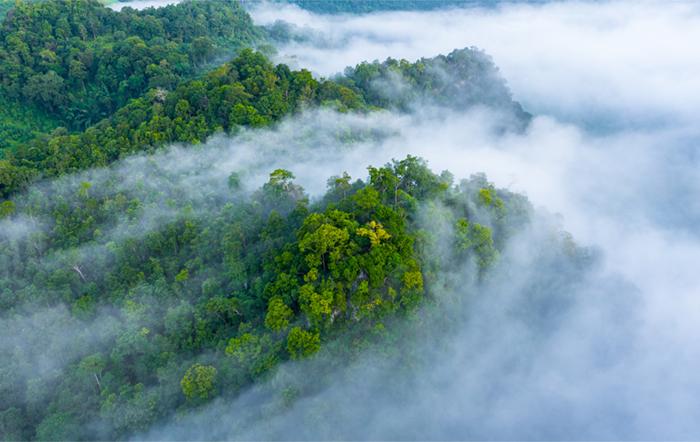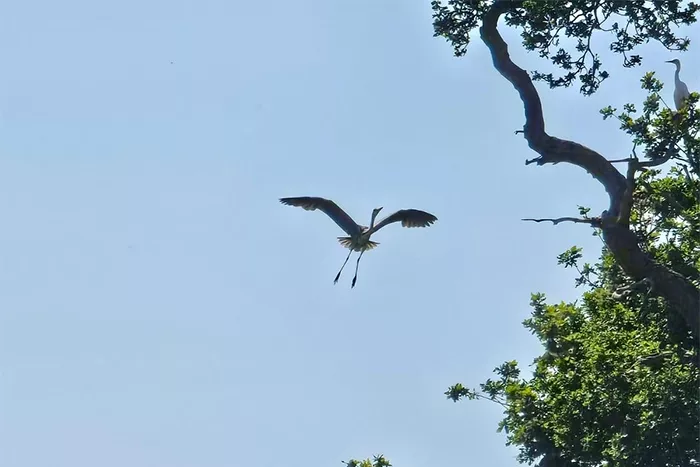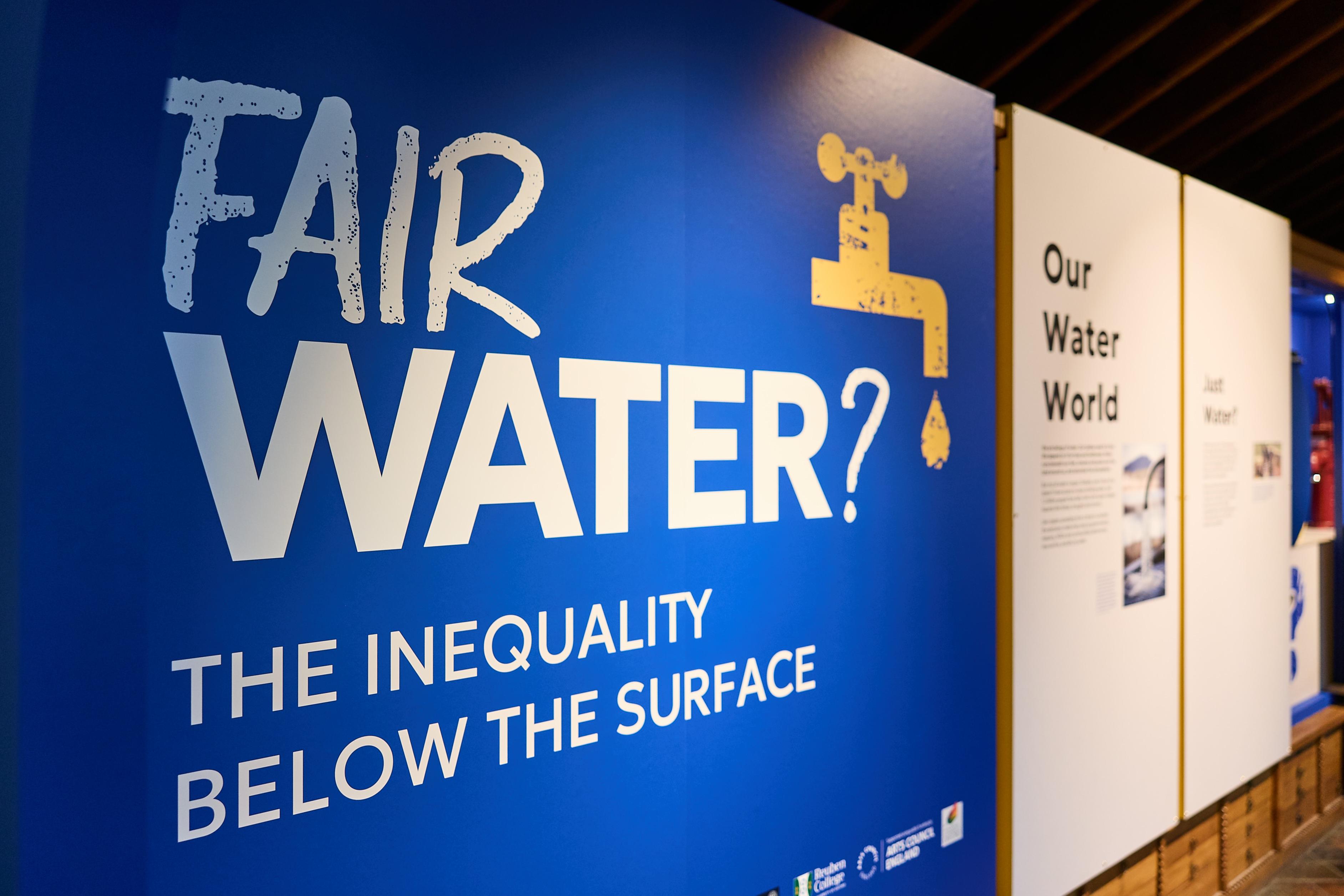The atmosphere’s growing thirst for water is making droughts more severe, even in places where rainfall has stayed the same. New research by Dr Solomon H. Gebrechorkos and Prof Simon Dadson et al in SoGE, published in Nature, finds that this “thirst” has made droughts 40% more severe across the globe.
News
Mapped: How climate change affects extreme weather around the world
A new map from Carbon Brief collates the numerous studies that look at the potential link between climate change and extreme weather such as floods, heatwaves, droughts and storms. For the first time, the map includes the rapid attribution studies carried out by Friederike Otto and the World Weather Attribution team.
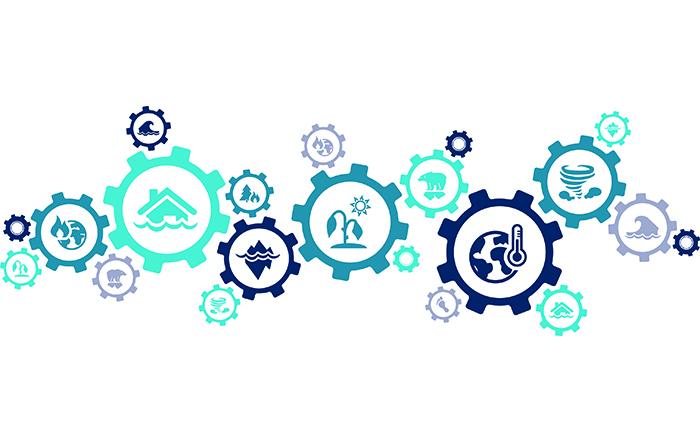
Oxford University bans investment in fossil fuels after student campaigns
The Independent reports that the University has agreed to divest from fossil fuels and commit to a net-zero investment strategy following extensive student-led campaigns and protests.

Three graphs that show a global slowdown in COVID-19 deaths
There have been numerous graphs and charts mapping the rise of COVID-19 since the pandemic began. In his latest article for The Conversation, Professor Danny Dorling uses smoothed data visualisations to explore the deceleration in coronavirus deaths around the world.
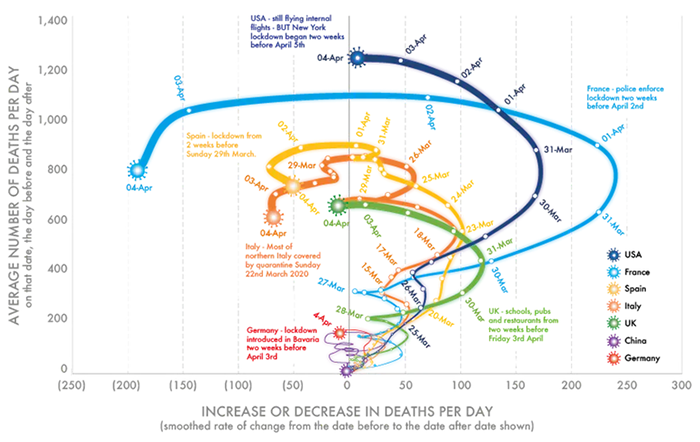
Coronavirus may slow long-term climate action
There has been a short-term reduction in greenhouse gas emissions as a consequence of measures aimed at limiting the spread of Covid-19. However, after recovery from the current crisis we will still be facing the same policy challenges for meeting our climate targets, and there is real danger that climate action might be delayed, explains Dr Linus Mattauch to Argus media.

Finalist for the Guardian University Awards 2020
The University of Oxford's #TruePlanet campaign, which featured researchers from across the School of Geography and the Environment, has been selected as a finalist in the Guardian's annual awards. The campaign, which highlighted Oxford's global research on climate, energy, food, water, waste and biodiversity, is shortlisted in the category of marketing and communications.

Homeschooling during coronavirus: five ways to teach children about climate change
As schools have closed in response to the Covid-19 pandemic, many families are finding themselves thrust into homeschooling. William Finnegan, PhD candidate in the Environmental Change Institute's Energy program, offers lessons from the emerging field of climate change education on how to teach learners of all ages.
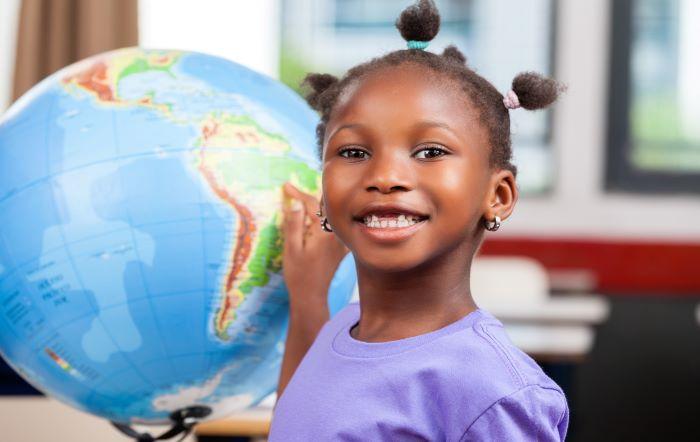
The world will recover from coronavirus - but unless we learn from the pandemic, it won't recover from climate change
ECI researchers Kaya Axelsson and Eli Mitchell-Larson provide a perspective on climate change and Covid-19 in the Independent. "Mitigating the effects of the coronavirus pandemic should unequivocally be our top priority right now. But as we emerge from the pandemic, we have the opportunity to begin preparing in earnest for a larger threat: climate change."
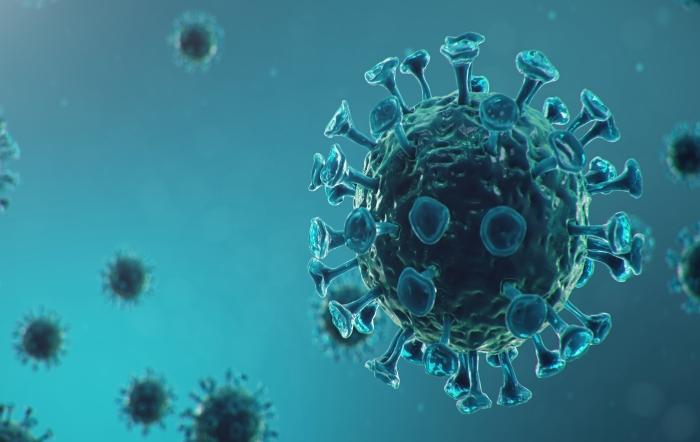
How energy-efficient LED bulbs lit up India in just five years
Dr Radhika Khosla and colleagues explore the unprecedented expansion of India's light emitting diode (LED) bulb market in a guest post for Carbon Brief. Three lessons emerge for future low-carbon technology innovation and market expansion in India and other developing countries.

Professor Danny Dorling discusses the fallout from coronavirus on BBC Radio 4
On BBC Radio 4's 'Start the Week' Professor Danny Dorling talks to Amol Rajan and Nick Timothy about the coronavirus pandemic, and what the fallout will be.
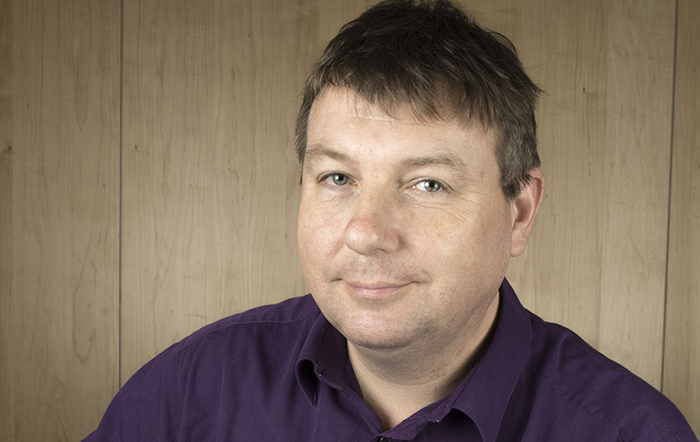
Coronavirus: how the current number of people dying in the UK compares to the past decade
Professor Danny Dorling looks at the spread of coronavirus, and how it has affected the mortality rate in the UK so far this year compared to the last decade.



